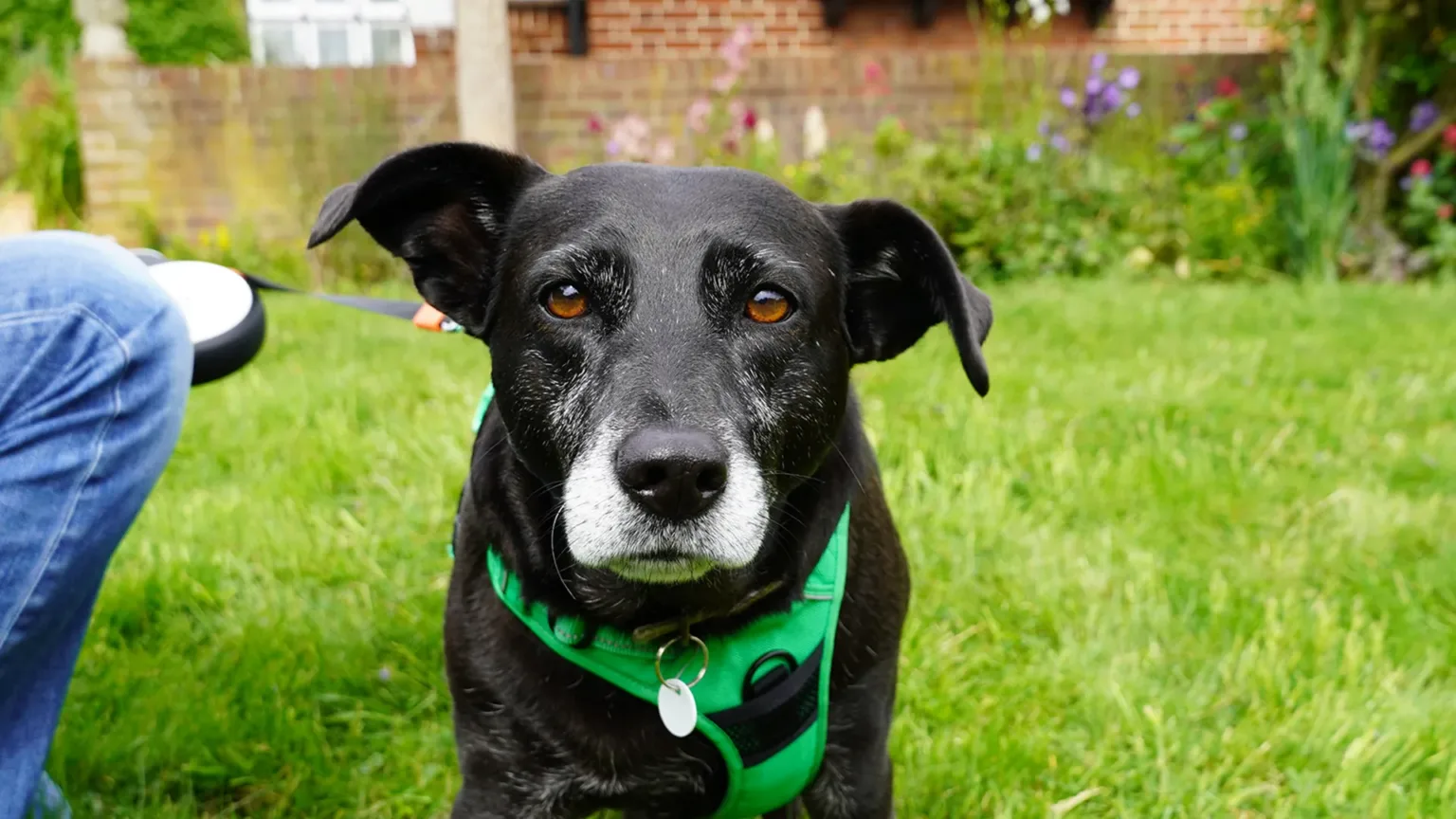When it comes to pets, we've all got questions
Ever feel like your pet is from another planet?

Older dogs are often much easier and less time consuming than young dogs. They make great companions and more often they are housetrained, have already received basic training and can be left home alone.
Consider changing your dog’s food to a senior diet and feed them smaller meals two to three times a day. Avoid feeding them snacks in-between meals as obesity can be a problem in older, less active dogs.
They may be less active, but it’s important your dog still has daily walks to keep their brain active and joints mobile. Allow your dog to set the pace and try to go for frequent short walks rather than one long walk.
Have your dog checked by a vet at least twice a year and look out for signs of:
Be aware that older dogs are more sensitive to loud or sudden noises and tend to sleep more. Make time to play calm games with them such as scent exercises to help them remain mentally active. Many behavioural changes in older dogs are due to an underlying medical disorder. They can be a little less tolerant of being picked up or receiving lots of attention. They can become a little grumpy if they are disturbed when resting owing to sore joints so children need to be advised to treat them with more care and respect – seek advice from a vet if you have any concerns.
There is never a shortage of older dogs at our rehoming centres looking for a new place to call their own, with many years of life left to enjoy.
Unfortunately, older dogs are more difficult to rehome. By offering one of our senior residents a loving new home you will be making a personal contribution to animal welfare. Take a look at all of our older dogs currently looking for homes.
If you have any questions about your pet, please contact us. For more dog wellness advice, visit Ask Woodgreen.